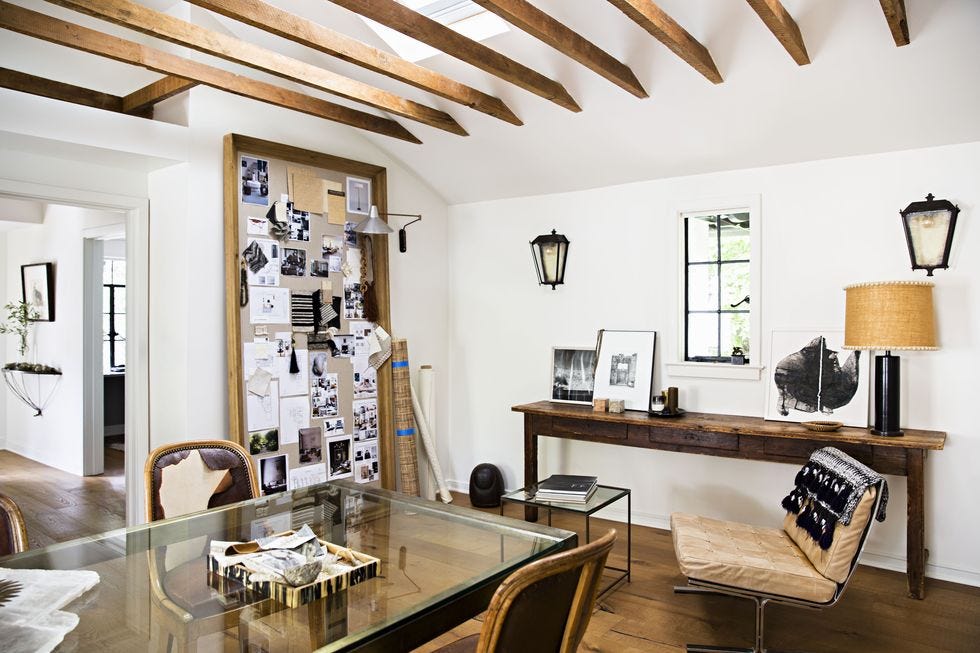Why Being Defensive is Career Suicide
Thoughts on how to be a seasoned pro instead of a workplace punch line.
Ed Note: This newsletter contains candid (and sadly, true) accounts of very bad professional behavior. In short: it’s juicy. As such, my letters about careers and workplaces are for subscribers only, because they’re about my actual career and workplace. If you can’t afford a subscription right now, you’re a female founder, or you’re a friend/family member, send me a note and I’ll add you to the comp list, no questions asked. If you’re a female founder and I recognize you on the subscription list, I probably already comped you!
Enjoy this long read for the long weekend ahead.
We’ve had a run of *cough* personalities come across our desks at my company lately. We deal with a lot of freelancers, third-party vendors, and other agencies. And there’s been a concurrent theme to our interactions with the folks we love to work with and the ones we cut ties with as soon as possible: defensiveness or lack thereof. It got me thinking about creative work and how defensiveness (in my opinion) distinguishes a seasoned professional creative from a green one.
I’m really proud of the team we’ve built at Graves Creative, and I don’t use the term “we” in a royal way — I mean it in the true sense of the word, because even though my name is on the proverbial door, the people who work with me are just as important, if not more important than I am to the success of this business. We work together efficiently and respectfully, with humor and trust. Nobody misses deadlines. Nobody gossips or attempts to create division. And most relevant to this discussion, when their work is criticized, nobody is defensive.
A huge part of my mission statement (and I’ve talked about this before) is that we lead with a service mindset. We are here to help our clients, not pad our egos. Clients sometimes have a different vision for their brands than we do, and it’s our job to know when to gently push back, and when to kill our darlings.
Being talented in your creative practice is only half the climb. Being able to emotionally detach from your work, be objective, and be open to edits, feedback, and revisions is the other half. Scrapping something and starting over is sometimes the only way to go. And the real pros know that.
When it comes to giving feedback, I have learned to value brevity. Bloating up your point with a lot of words only drags out the inevitable. There’s a way to deliver feedback kindly, but with precision.
In my private work as a writer, there has never been a time working with an Editor when the end result did not improve. Being open to feedback and not wilting under a mountain of red ink has not only made me stronger in my craft but it’s allowed me meaningful friendships with the Editors I collaborate with. Most great Editors, Creative Directors, and other professional creatives who have risen to leadership positions know how to shape great work and make it even greater. As a creative person, why wouldn’t you want your work to be the best it could possibly be?
And that’s not to say I advise you to blindly swallow feedback. If there is a valuable creative decision that I think my Editor isn’t seeing, it’s my job help them understand why, and theirs to be open to further discussion. Ultimately, if something is not connecting with your gatekeeper, it is probably not going to connect with your audience, either.
So let’s pull some real-world examples from my past and present professional life.
I’ve broken the defensive dingalings you run into most into four personality types: The Sanctimonious One, The Wild Card, The Backchanneller, and The One Who’s Just Plain Wrong, ranked from the pettiest offender to the outright asshole.





